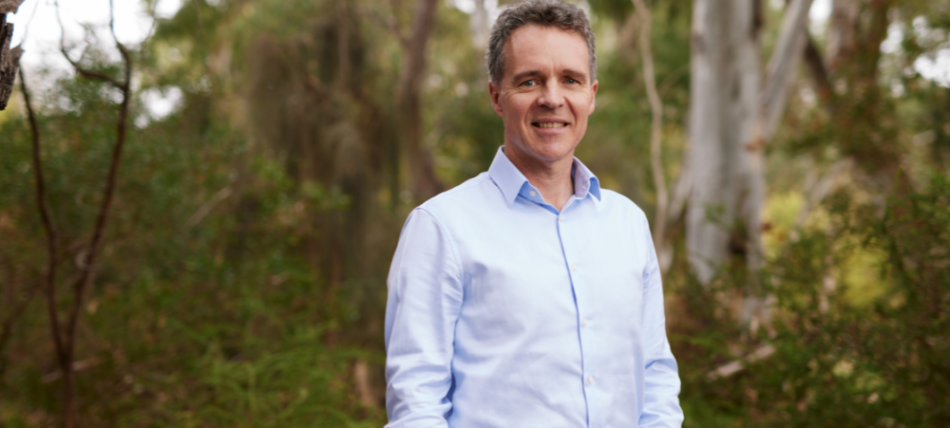A Welcome Lunch can prevent a Farewell Drink! What makes a high-quality general practice learning environment?

Senior Medical Educator, Dr Penny Need, reflects on the latest GPEx research webinar:
The quality of the learning environment for registrars has important consequences for the current and future care they provide as GPs. But what makes a high-quality learning environment?
Dr Paul Dilena, Director of Medical Education and Training at GPEx, recently held an interactive webinar discussing the results from his research into this topic.
Using an exploratory qualitative design within a sociocultural learning framework, Dr Dilena spoke to registrars, medical educators and supervisors about the features of high-quality GP learning environments.
He asked participants questions regarding the organisational elements of a quality training practice, the people involved in quality learning environments, the factors associated with the supervisor that affected quality, as well as the important features of the teacher.
Before he presented the results, we engaged in a small group discussion about what our perspectives were of high-quality GP learning environments. Feedback to registrars was discussed as a key feature to allow improved performance.
Dr Dilena then presented the four key themes from his study that made for a quality training practice:
- Going above and beyond expectations
- Practice-wide commitment to teaching
- Registrars felt like they were one of the team
- Registrars felt like they were not just workforce for the practice
The social and personal aspects of training are also vitally important. Practices that cared for a registrar’s personal and individual development, and integration into the town and community, were valued.
A culture of teaching and learning was also identified as an important feature in attracting and retaining registrars. Registrars wanted to be included and respected as a valued team member in the practice, and did not just want to be treated as workforce.
As Dr Dilena said, a welcome lunch can prevent a farewell drink!
The next steps are to consider how we can apply these practices in our clinics, but also how we might measure these indicators within GP training.
Dr Dilena completed this research as part of his Masters in Clinical Education through Flinders University. For those out there who are scared of research, Dr Dilena advised that finding a topic you are interested in was the key. This small study taught him a lot of research principles, and gave him great admiration for the GPEx Research team!